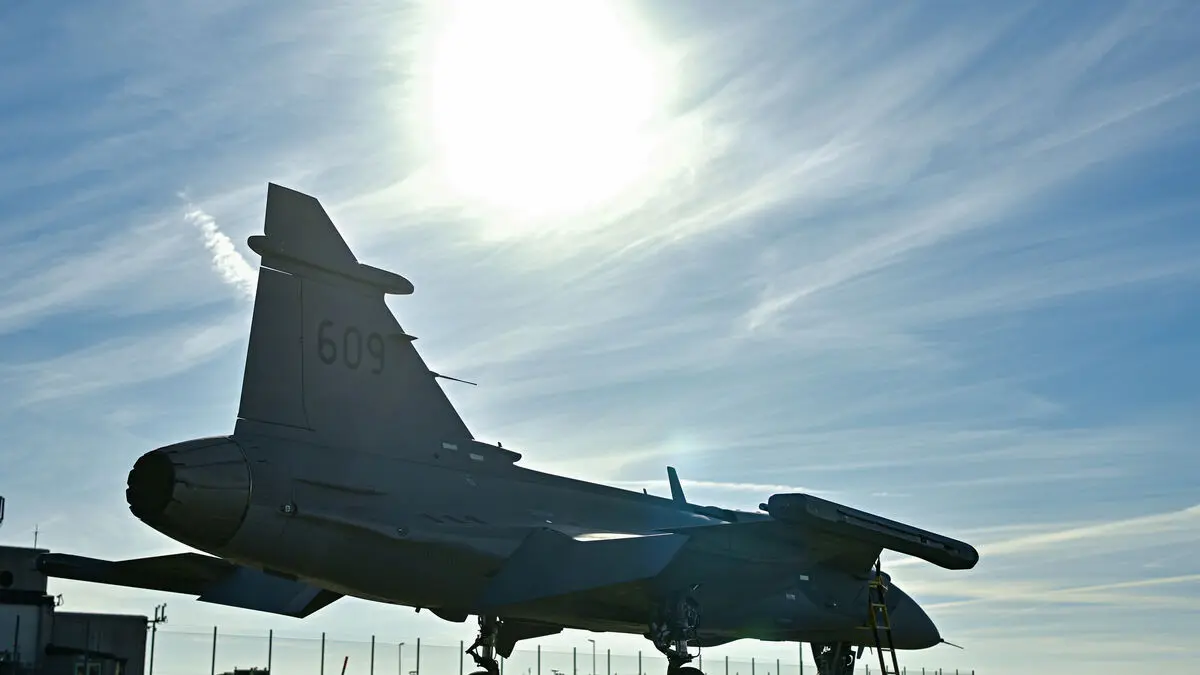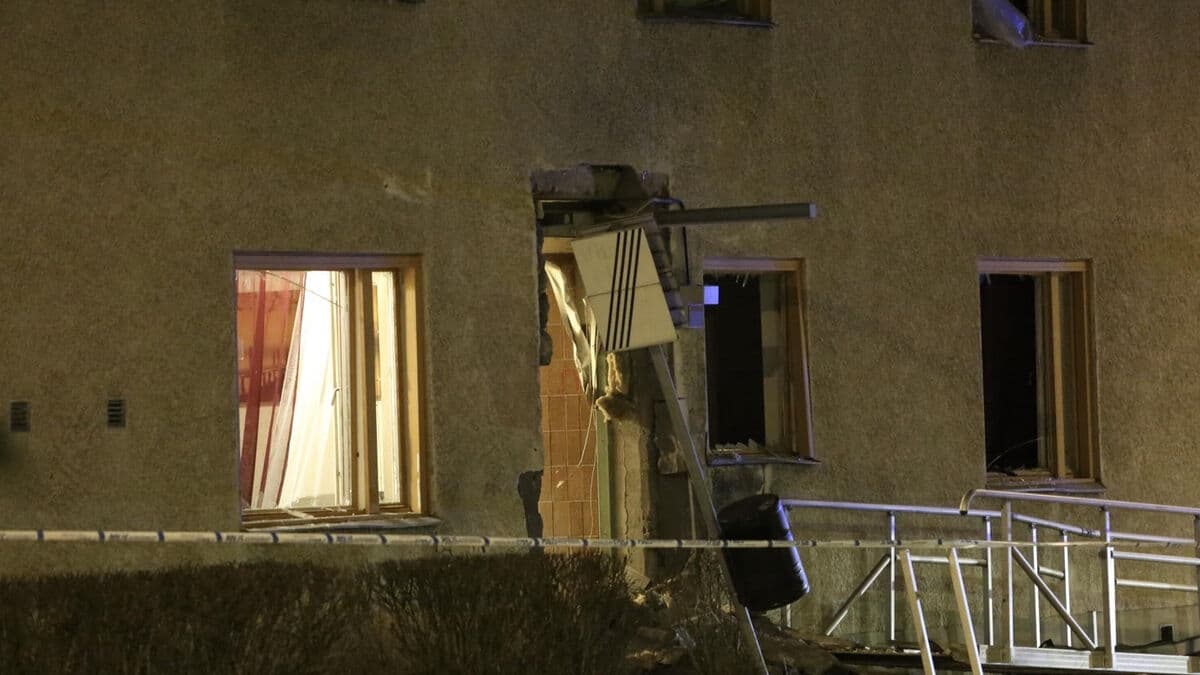Ukraine has stated that it wants to buy at least 100 Jas Gripen planes from Sweden.
It's an incredibly large deal. An export of this size has never been carried out from Sweden before, in any industry, says Martin Lundmark, lecturer in defense systems at the Defense University.
But so far, it's only a declaration of intent that has been signed between the countries. It is neither legally nor economically binding, and for example, it does not say anything about the number of planes or when they can be delivered.
”Depleted”
A major uncertainty is how Ukraine will be able to afford it.
Ukraine is of course depleted, and the outcome of the war can also make it impossible, if it goes Russia's way, says Martin Lundmark.
The government's hope is that Ukraine will be able to use the Russian assets that have been frozen in Europe, which is being discussed during this week's EU summit. It involves the equivalent of 1,500 billion Swedish kronor, of which the Gripen deal would constitute a smaller part. Lundmark says that access to the money is currently "pretty uncertain".
Belgium, which holds the money, is also unwilling to let it happen.
The Prime Minister has stated that the first Gripen plane can be delivered in the best case in three years. But Saab's production capacity is another question mark.
- The existing production capacity in Sweden and Brazil is tailored for Sweden and Brazil, and then the two countries must say that we let Ukraine in here, if it is to happen within three years, says Martin Lundmark.
USA has veto
Another uncertainty is the USA. The Gripen has several American components, including the engine, which means that the USA must approve the deal.
They have a veto right there and an opportunity to say no, and with Trump's unpredictable decision-making and sudden changes, it can change quickly, says Lundmark.
How certain is it that the deal will go through?
It's not certain at all. On the other hand, I don't want to be pessimistic. The Government Offices and Saab have of course thought it through. But three years sounds unlikely to me.
He adds that there may be agreements and plans for investments that he is not aware of that can make the implementation possible.






